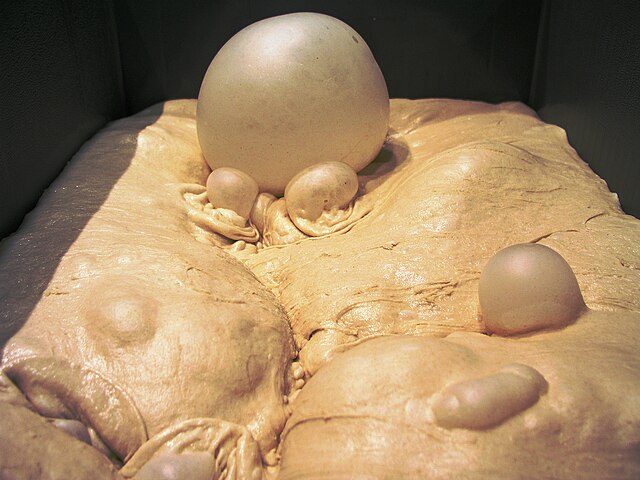Infinite photos and videos for every Wiki article ·
Find something interesting to watch in seconds
Animals
History by Country
Celebrities
Best Campuses
Great Artists
Wonders of Nature
Largest Palaces
Supercars
Largest Empires
Wars and Battles
World Banknotes
Ancient Marvels
Countries of the World
British Monarchs
Sports
Great Cities
Rare Coins
Crown Jewels
Richest US Counties
Famous Castles
Kings of France
Orders and Medals
Recovered Treasures
Great Museums
Presidents
Tallest Buildings
more top lists





